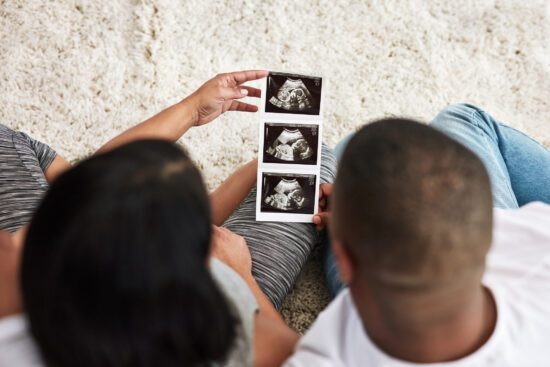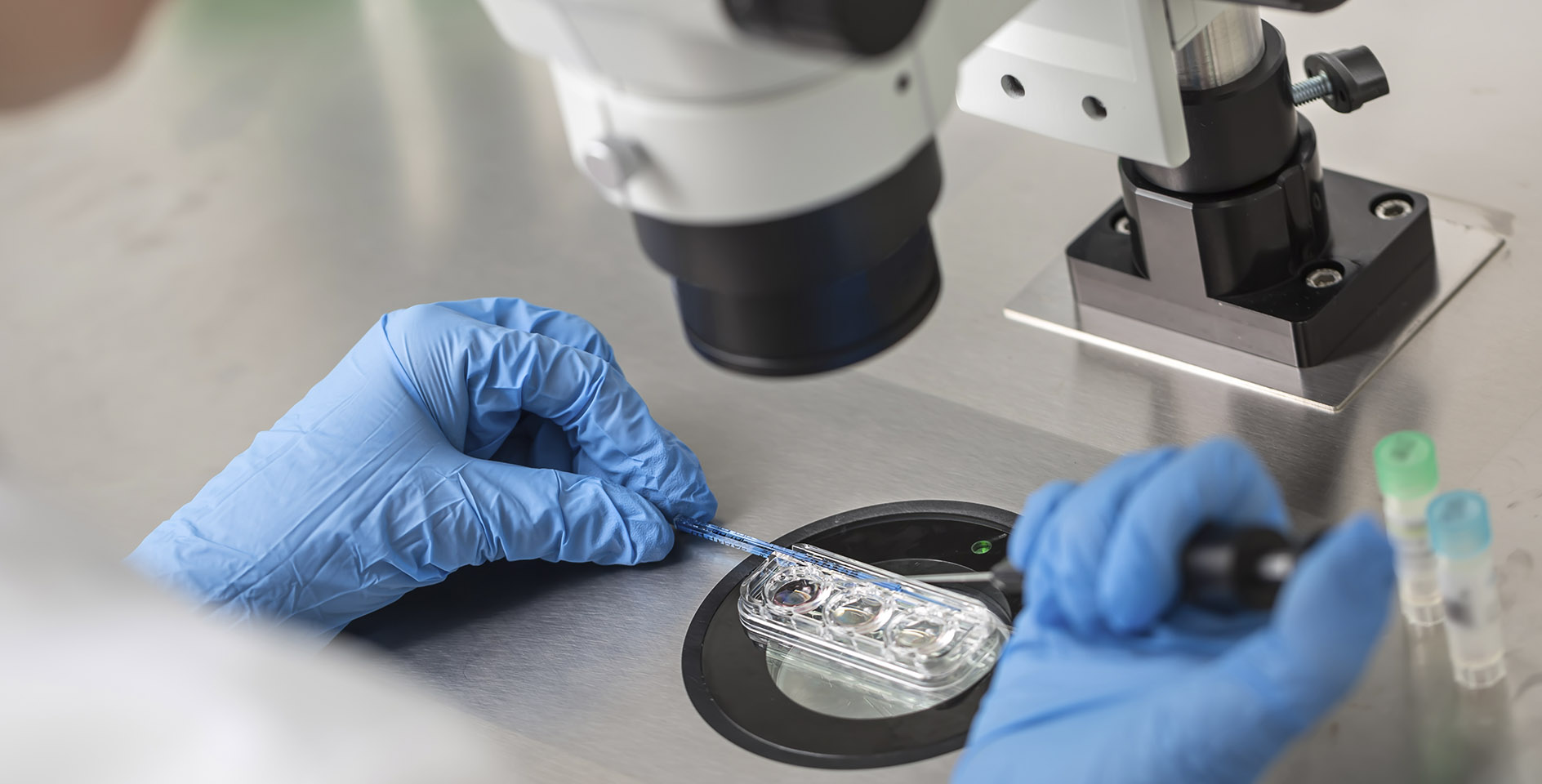Some of you may have seen the 1997 movie ‘Gattaca’, which portrays a futuristic society where children can be ‘tailored’ to their parents’ specifications. The height (want a basketballer?), eye colour (just like dad?), or whatever other characteristics will help junior on his way. The geneticist in the film suggests “You want to give your child the best possible start. Believe me, we have enough imperfections built in already. The child doesn't need any additional burdens. Keep in mind this child is still you, simply the best of you. You could conceive naturally a thousand times and never get such a result.”
Of course, this is science fiction, but the idea of genetic superiority is alive and well in IVF clinics. We cannot select ‘in’ the desired genetic traits, but we can select them ‘out’. Family history of cystic fibrosis? No problem, modern science can ensure that none of your IVF offspring will carry the gene. It sounds like a wonderful new cure. It isn’t.
Routine genetic screening?
Genetic screening of embryos is common in IVF treatment and may soon become routine. Screening embryos is done by a method called Preimplantation Genetic Diagnosis (PGD). PGD is particularly recommended for couples with a known family history of genetic disease or those who have had recurrent miscarriages. It involves removing one or two cells from an embryo just a few days old and examining them under the microscope to determine their genetic make-up. A recent development called Comparative Genomic Hybridisation (CGH) allows for rapid testing of all 24 chromosomes in the embryo so that the results are known before an embryo is transferred to the uterus. An enormous number of genetic and chromosomal abnormalities can now be detected, as well as characteristics such as the gender of the embryo. This development has improved IVF success rates and allowed parents an unprecedented amount of control over reproduction.
Of course we would all agree that wanting to have healthy children is a good and normal desire.
Asking complex ethical questions
But PGD also raises ethical questions. Questions that are harder to ask when we recognize the goodness of the goal that is pursued, but nonetheless important as we look to the future of society.
What usually isn’t mentioned in the blurb recommending this intervention is the way by which the birth rate of babies carrying defective genes is reduced. It is by making sure none of the affected embryos are given a chance to develop. After all embryos are screened, only the embryos with the desired traits are transferred to a uterus. The rest are discarded. When I mentioned this technique to other parents at my children’s school the reaction was immediate—great! who doesn’t want to give their child the best chance in life? No thought was given to the embryonic waste. The lack of recognition for the humanity of human embryos is so endemic in our society that this method is sometimes recommended for parents who want to avoid abortion of an affected fetus screened after normal conception.
But there are other issues. This technology doesn’t come cheap. IVF itself costs around $15,000 a try and PGD adds another $10,000-$15,000 on top of that. Are we moving towards a time when good health is the ultimate luxury item? Because it is not just childhood diseases that are screened out with PGD. We now can, and do, screen for diseases that may not appear until adulthood, such as breast cancer. Now, if a child is born now and the breast cancer does not appear for another 50 years, that is time enough for significant improvement in breast cancer therapy. Maybe even discovery of a cure. And looking at my own friends who have developed cancer in their 50s, I would hesitate to say that the disease-free decades were not worthwhile. But now we are discarding these embryos too.
So who decided what we can screen for? Who decides what is normal and what is a disease? Currently it seems that it’s a free-for-all. There are now documented cases of deaf parents requesting a deaf child so their offspring can enjoy what they see as the rich culture of the non-hearing community. I don’t deny their sincerity. But we would usually consider deafness to be a handicap, wouldn’t we? We do our best when disability occurs, but deliberately choosing deafness? Is this what we want for future generations?
But personally the selection I have the most problem with is PGD for ‘family balancing’. This entails selection of the preferred gender of embryo and discarding all others, even if they are perfectly normal. So the parents can have one of each.
We can’t earn our value
Discarding an embryonic human because it does not have the characteristics desired by its parents is discriminatory and not in accord with how the Bible instructs us to treat one who is made in the image of God. Inherent in the devaluing of imperfect nascent humans is the idea that physical perfection makes one more valuable. But in Biblical terms, our value is not based on our characteristics or capabilities. It lies in the God in whose image we are made. We can never earn our value. But that is what is implied by PGD.
How will selecting ‘out’ the imperfect specimens affect our tolerance of the physically handicapped in our community? We are essentially telling them that we think it would have been better if they had never been born. It is ironic that this eugenic drive to allow only perfectly normal babies to be born sits alongside the fact that more people are disabled after birth than before.
Tyranny of parental choice and control
Which highlights what is at the center of PGD. Parental choice and control. PGD is about what the parents want. We are increasingly used to being in control, and for some people it seems reasonable to extend this control over their offspring, as if we could know what is best for us as a family. But how can we know what is in the best interests of a child who may live until 2114? Who could have predicted the current value of being able to touch-type in a child born in fifty years ago? And we have the testimony of many disabled members of our community who find their lives rich and rewarding. Who are we kidding? Personally I have no desire to play God. But it may behove us to start a discussion with those in our community who do.






